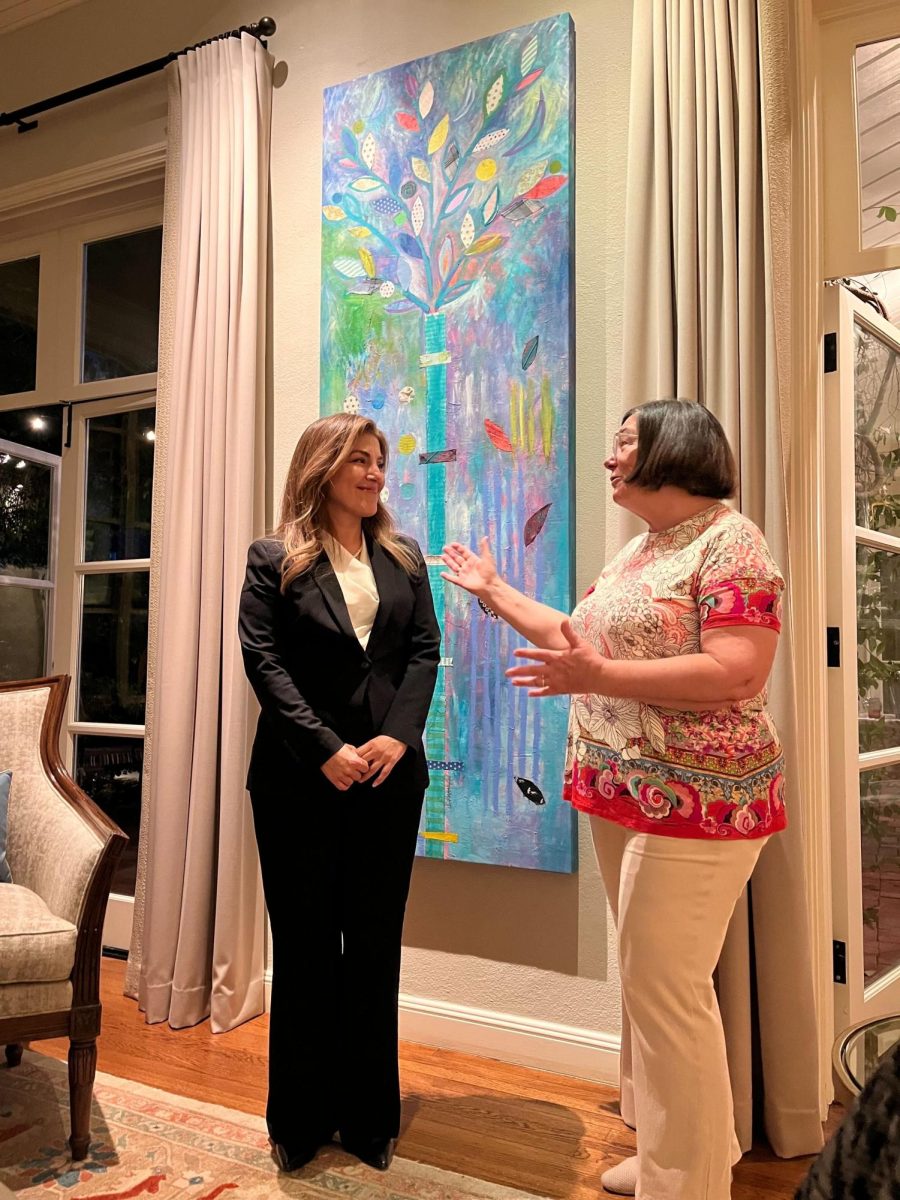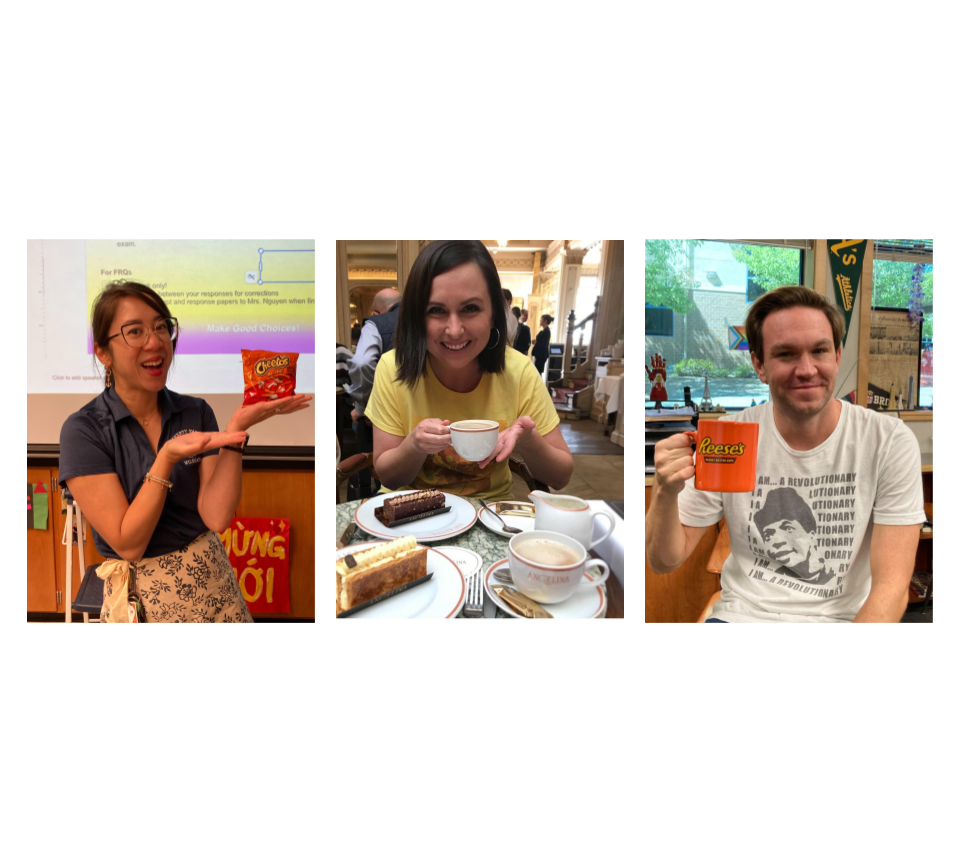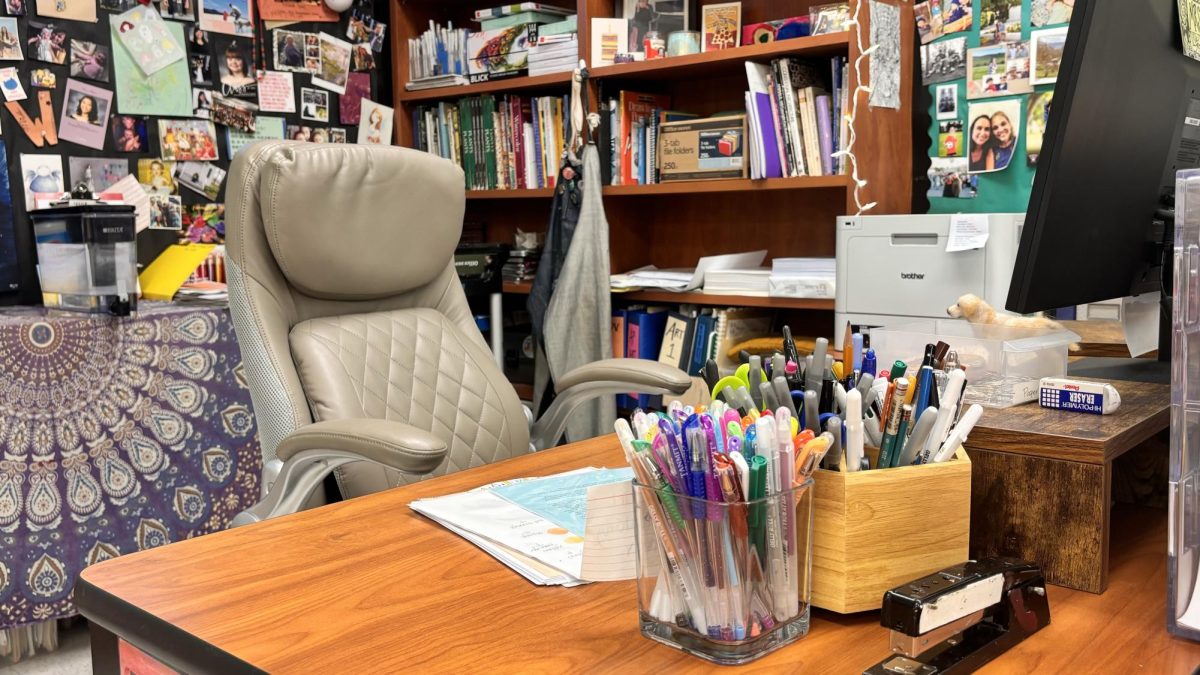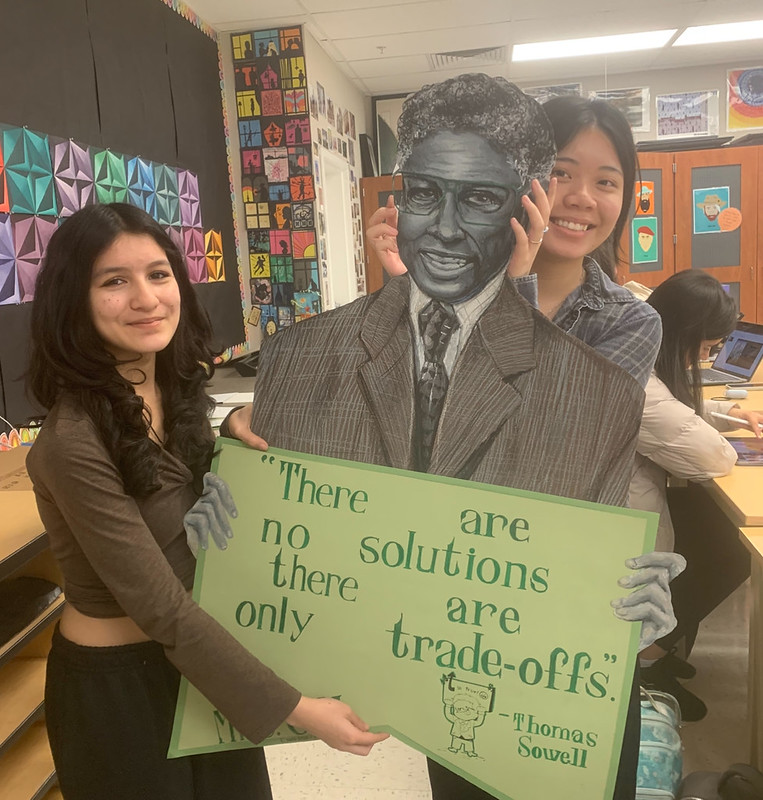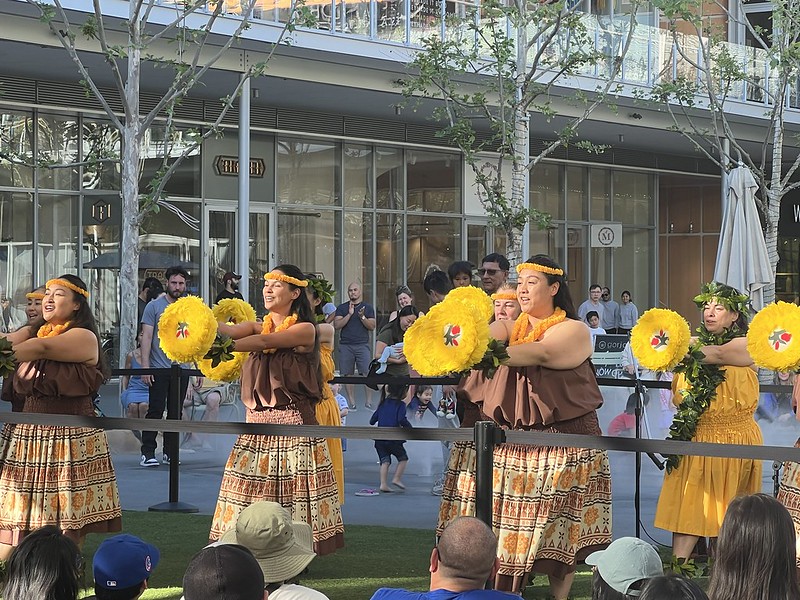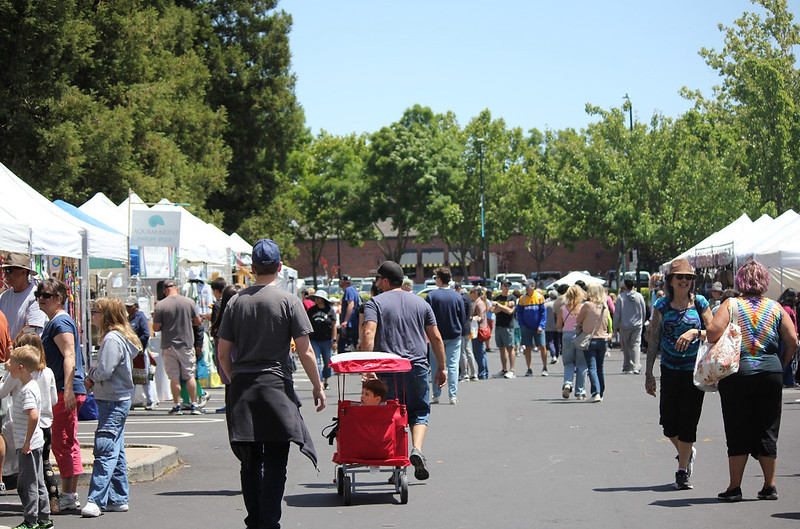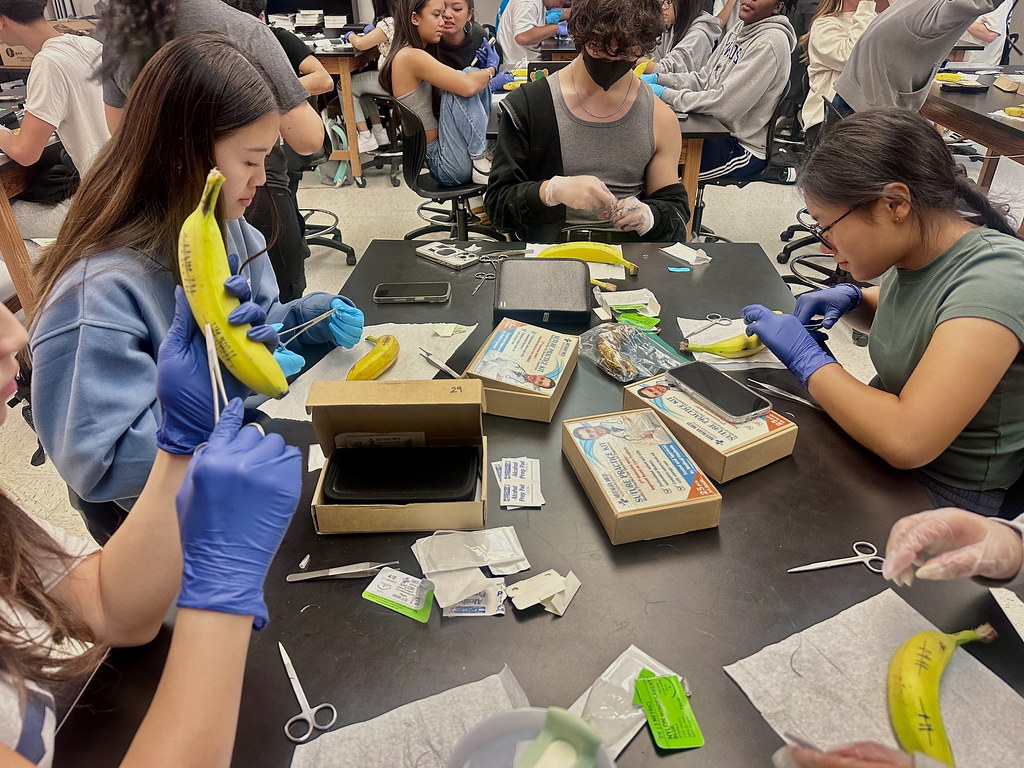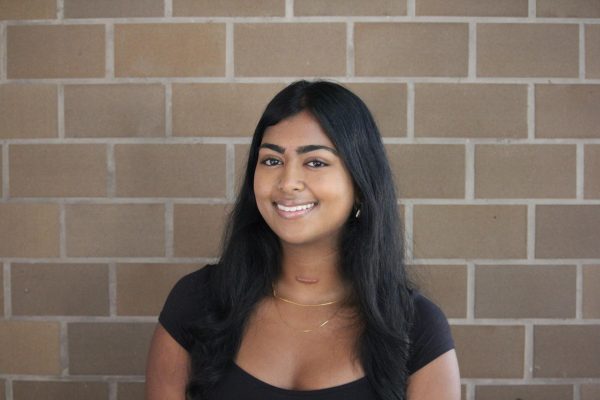Disclaimer: The Wildcat Tribune does not endorse any candidate. We attempted to get in contact with State Senate candidate Tim Grayson, however, we were unable to get an interview in time for publishing.
Marisol Rubio, a San Ramon city council member, is running for State Senate for District 9. In 2020, Rubio ran for the position, but didn’t make it through the primary round, therefore failing to get on the ballot in the general election.
However, Steve Glazer, the current District 7 State Senator, is retiring. As a result, Rubio is feeling confident about her chances since she won’t face an incumbent in this race.
With the presidential elections being spotlighted this election year, state elections have been overshadowed. Yet, with 20 open seats this year, this race is important for the future of California’s political landscape.
“Local elections such as the State Senate seat have such a profound impact on our lives,” Megha Joshi, volunteer coordinator for Rubio said. “Increasing awareness of those elections and getting people to vote and care about who represents them in those positions is really important.”
Before her tenure on San Ramon City Council, Rubio served as the director and vice president of the Dublin San Ramon Services District. On city council, Rubio established the first climate action task force in San Ramon as well as a gun ordinance. Her key priorities concern the environment and education.
As an executive board member of Sierra Club California, Rubio aims to invest in renewable energy, public transportation infrastructure, and protection of the Bay and Delta through her policies. Similarly, as a former K-5 bilingual science teacher, Rubio strongly believes in the importance of high-quality education.
When asked about her plans, Rubio said “tackling our climate crisis from multiple angles and also tapping into the opportunity to create jobs for the next generation” would be her priority.
“Whenever we talk about equity, the level playing field always starts with a person’s education,” Rubio added. “Access to quality education, pre-K all the way to college is important to me.”
Being practical is also an important part of Rubio’s agenda.
“[I plan to implement] policies that work, not theoretical ideas,” Rubio explained. “Policies that work for everyday people who are just trying to make it through life.”
Rubio’s personal experiences served as a catalyst for her journey in politics. These significant life events created her passion for public service and added to her determination to address issues faced by her community, as she has endured similar struggles.
When asked about her ‘why’, Rubio said, “My life experiences with my daughter and being a daughter in an immigrant family. Having learned from the challenges I face, [I] understand more intimately, the barriers for people to be able to make progress in their lives. That’s when I realized, we need more people [elected officials] that have that kind of understanding.”
Joshi agreed, adding, “I think that it’s really important for someone to have lived experience and a willingness to fight for people. I think she’s had that throughout her entire career.”
Rubio plans to build on her practices in San Ramon if elected into Sacramento. By utilizing her experience and knowledge gained from her San Ramon positions, Rubio aims to facilitate conversation to address issues, prioritizing the needs of citizens.
“In San Ramon, I’ve done my best to be there when the community had concerns. I’m there for the community,” Rubio said. “I think most people know they can call me and I actually pick up the phone. I don’t hand it to somebody. I think that’s what builds transparency and a sense of mutual trust.”
As a clean money candidate, Rubio faces an uphill battle against her opponent.
“I’m corporate free. I don’t take oil money, fossil fuel money, developer money, or pharmaceutical money. None of that. [My opponent’s] money is influencing his votes,” Rubio said.
“I think it’s really, really hard for progressive grassroots candidates to get their foot in the door. Another thing she could struggle with is facing attacks based on her lived experience. In terms of attack ads and mailers, it’s something that happens more often than not to women, specifically women of color, running for office. She faces a lot of unfair attacks based on her identity,” Joshi added.
Rubio remarked that this draws a stark distinction between her and her opponent.
“We are not supposed to serve entities. We’re supposed to serve the community.” Rubio said.
Tim Grayson, Rubio’s opponent, is currently a member of the state Assembly. Recently, his voting record has come into question by the East Bay Times.
Marisol emphasized the power that comes with a position like this.
“You have to be willing to be transparent about everything you do, because they’re [the people] are entrusting you with a lot of responsibility. And with that comes accountability.” Rubio said.
Liberal voters seem to support Rubio as a result of her work in San Ramon and her other elected positions. As the only consistent Democrat in the race, Rubio appeals to many— even those in other parties.
“I think Marisol is the right candidate in this election because she is a true progressive. She’s the only lifelong Democrat in the race. I think she would be the best person to represent us and fight for young people, marginalized people, and just anyone affected by the world changing.” Joshi said.
Rubio’s lived experience with her daughter, a brain cancer survivor, and being a daughter of an immigrant has shaped her understanding of the challenges her constituents face. Her personal experiences mold her approach to policy.
“When I talk about people who are struggling and trying to make it day by day, I’ve been there. I understand that. And, I know how to help people get to the other side. With my science background, I really bring to the forefront a distinct skill set that I think is needed in the legislature,” Rubio said.
Rubio noted that her character is one of her biggest strengths, “I am stubborn, but it’s a good thing to have when you’re trying to change cultures and institutions that have bought into a system that has hurt our communities. They believe that they have to operate under certain transactional types of relationships in order to accomplish anything. But, I didn’t come into this space to just be another elected official. I came into this space to bring the government’s voice back to the people.”

